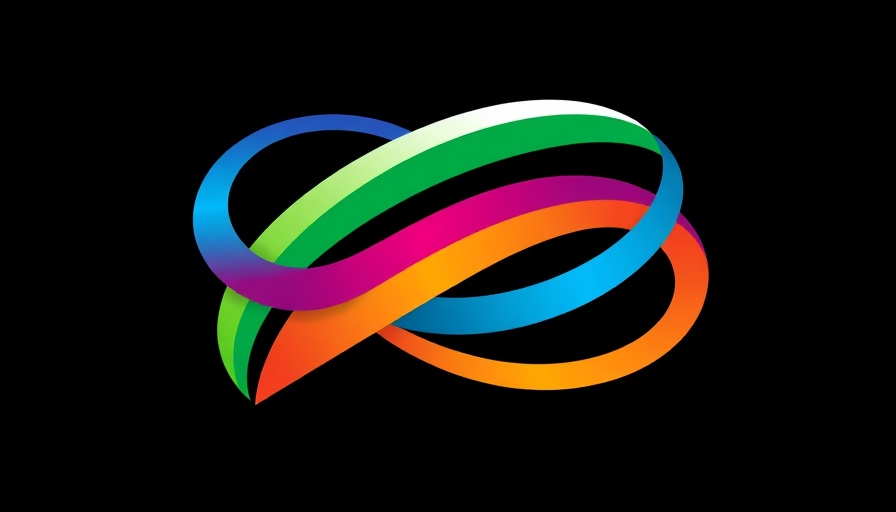
Golden Arrow Bus Fares: A Reflection of Economic Pressures
On the 11th of August, Golden Arrow Bus Services in South Africa will implement a 4% increase in bus fares, driven by the rise in operational costs. This decision, as communicated by spokesperson Bronwen Dyke-Beyer, underscores the deep-rooted economic challenges that many South African citizens face today. While the company acknowledges the financial strain on passengers, it finds itself compelled to act amidst continuing escalations in costs across its operational framework.
Understanding the Economic Context
This fare hike, though small, reflects a broader trend impacting the South African economy. Passengers are not just facing increased transportation costs but are also grappling with rising prices in various sectors such as food, utilities, and housing. In a landscape where many families are already budgeting tighter due to inflation, every increase can significantly impact their ability to afford essential services like public transport.
The Burden on Commuters
The adjustment in fare is emblematic of how South African transportation has been influenced by the growing economic pressures. For those reliant on Golden Arrow's services, including daily commuters and students, this increase may force difficult choices—cutting back on other necessities or seeking alternative means of transportation. As a result, policymakers and business leaders must consider the implications of such fare adjustments on social equity and access to mobility.
Industry Response and Future Implications
The deferment of previous fare hikes, as noted by Dyke-Beyer, indicates a reactive approach in the face of unforeseen economic realities. By postponing fare adjustments in December 2024, Golden Arrow aimed to mitigate immediate financial pressures on its users; however, persistent increases in supply chain costs have made such delays unsustainable. Experts predict that unless there are stabilizing interventions at the governmental level, more transport companies may be forced to raise their fares, leading to a potential series of compounding economic pressures on households.
Calls for Strategic Solutions
South Africa's transport sector is at a crossroads, necessitating comprehensive policy frameworks that address not only fare adjustments but also the underlying economic instability affecting the nation. Decision-makers in both the public and private spheres are prompted to devise strategies that ensure affordability and accessibility in essential services. The collaboration between transport authorities and local businesses could pave the way for innovative solutions, potentially shielding vulnerable communities from the ongoing strains of economic fluctuations.
The impact of the Golden Arrow fare increase reverberates beyond public transport, signaling larger trends in South Africa's socioeconomic landscape. As such, it is imperative for both leaders and citizens to engage actively in discussions that could lead to more sustainable economic practices moving forward. Those invested in Africa's economic trajectory must remain vigilant as they monitor the interconnections between local decisions and global trends.
 Add Row
Add Row  Add
Add 


Write A Comment